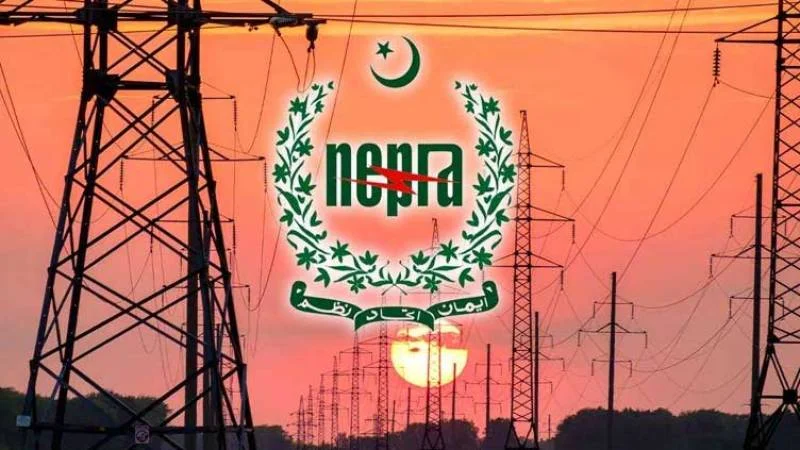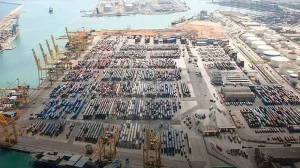Islamabad, 26 May , 2025: NEPRA has come under fire from both government officials and industrial players following its latest approval of dollar-indexed returns for K-Electric’s operations.
The regulator sanctioned a 14 percent return on equity (RoE) for the company’s distribution segment in US dollar terms, which converts to an approximate 29.68 percent return in Pakistani rupees for the fiscal year 2023–24.
Controversial Tariff Framework Sparks Outrage
NEPRA also granted a 12 percent dollar-based RoE for K-Electric’s transmission business, translating to a 24.46 percent return in local currency.
READ MORE: NEPRA Approves KAPCO Tri-Partite Power Purchase Deal
This approval has raised concerns across sectors, with critics warning of increased financial strain on consumers already grappling with high utility bills.
The Power Division of the Ministry of Energy expressed strong disapproval, labeling the move as “inappropriate” and inconsistent with returns offered to state-owned entities.
It advised that the returns for K-Electric should align with those permitted to the National Transmission and Despatch Company (NTDC) and other public-sector electricity distributors.
Despite these objections, NEPRA went ahead with the decision, finalising a distribution tariff of Rs3.31 per unit lower than K-Electric’s requested Rs3.84 and setting a monthly use-of-system charge of Rs1,348.66/kW for transmission under the seven-year Multi-Year Tariff (MYT) plan, valid from 2024 to 2030.
Industrial Stakeholders Voice Deep Concern
NEPRA’s decision drew criticism from industrial stakeholders including Amreli Steels, who cautioned that such high, foreign-currency-linked profits could pass on undue costs to end-users, especially in economically turbulent times.
These stakeholders emphasised the importance of balancing investor returns with consumer affordability.
The authority defended its ruling by pointing to K-Electric’s private sector status, the need for long-term investments, and the absence of government-backed financial guarantees.
However, it acknowledged that future revisions might lower the foreign currency RoE or convert it into rupee-based returns, especially after the privatisation of other distribution companies.
K-Electric Responds with Reservations
In its response, K-Electric noted that the granted returns were below its expectations and previous benchmarks.
READ MORE: NEPRA Reviews KE’s Utility-Scale Solar Projects
The company also highlighted that NEPRA approved significantly lower allowances for transmission and distribution losses than actual figures, a shift from the industry’s established practice of using historical loss data as the baseline.
NEPRA now faces growing pressure to revisit its decision, amid growing debate over the fairness and sustainability of foreign-indexed power sector returns.









